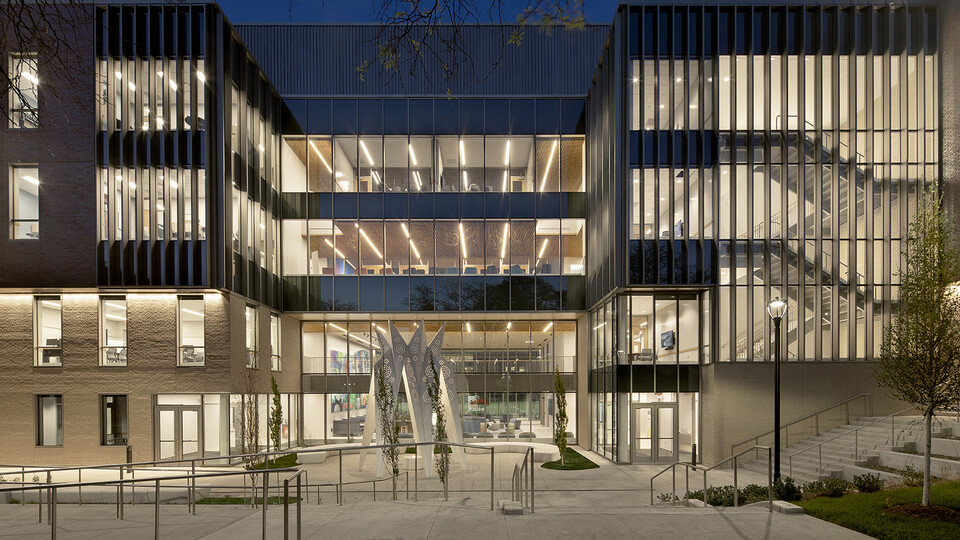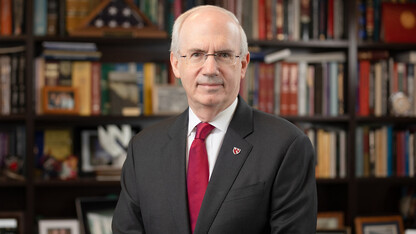· 2 min read
Symposium discussing health disparities is March 18

An interdisciplinary team of University of Nebraska–Lincoln researchers who received a Grand Challenges planning grant aiming to improve health disparities in underserved populations is hosting a symposium March 18.
The “Understanding Health Disparities in Nebraska” symposium will be held from 8:45 a.m. to 12:30 p.m. March 18, in room 227 of Carolyn Pope Edwards Hall. A remote option is also available. The event will feature a series of expert speakers, as well as a panel discussion with Nebraska Extension and Rural Prosperity Nebraska.
Attendance is free. An agenda and registration form are available online.
Speakers at the symposium will discuss health care issues affecting those from minority, underserved and disadvantaged backgrounds. These issues include identifying the greatest health needs of underserved populations in Nebraska, barriers to accessing health care, and potential solutions for improving health.
“Health disparities have far-reaching impacts on people’s lives,” said Michelle Hughes, professor of special education and communication disorders and leader of the Grand Challenges project. “Only by understanding what the biggest health issues and barriers are can we begin to form innovative solutions that we hope will be scalable to populations within and beyond Nebraska.”
This is the first of three symposia planned by the Grand Challenges project team. The second will be in September, and the final one will be in March 2025. The two-year project, “Improving Healthcare Access for Underserved Populations,” also involves faculty from biological systems engineering, Rural Prosperity Nebraska, biochemistry, Extension, mechanical and materials engineering, Center for Brain, Biology and Behavior, software engineering, and advertising and public relations.
The goals of the planning grant project are to design an infrastructure to recruit and train individuals from underserved populations to provide health literacy, health care, and technical solutions to target health disparities within their own communities; and leverage that infrastructure to identify potential innovative, widely available technological solutions to mitigate significant health problems.







